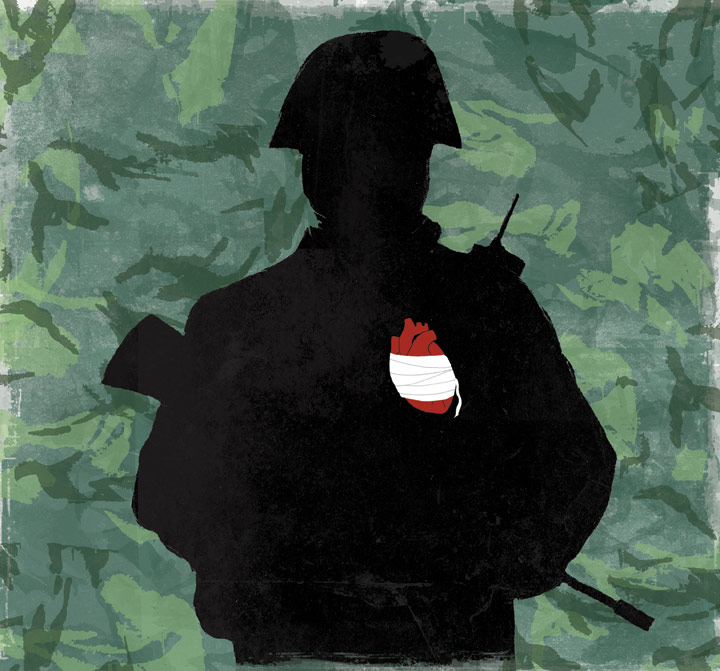Before Roe v. Wade,
….there was the Eugenic Protection Act.
World War II is often called The Good War and is widely accepted by Catholics as being the best modern example of a “just war.” But what should we think when a just war is fought with unjust means? Or has evil results?
When I was a kid, my friends and I (all boys, of course) were infatuated with WW II. Many of our fathers had fought in that war and Hollywood promoted it endlessly in exciting movies about heroic American and Brit efforts to defeat “the Krauts and the Japs.” We saw every movie and TV show and even knew the details of the fascinating weaponry that was employed by the American infantrymen, whom we emulated in our play.
But all of us kids were Catholics, and I’ll never forget how one day that made us different. In grammar school a nun told the class about the atomic bombing of Hiroshima and Nagasaki and how Catholic morality condemned those acts of war because the American decision makers had deliberately targeted non-combatants and the innocent. At one point we were even assigned to read John Hersey’s book, Hiroshima, and that was the beginning for me of a lifetime of skepticism about war and the U.S. Government.
The bombings were and still are the two greatest single acts of terrorism in history. But the aftermath of the war also brought into the world another instance of targeted killing of the innocent. It is a lesser known episode but it has had an ongoing worldwide impact which is arguably a greater threat to mankind than the advent of nuclear weapons.
In 1948, during the time of the American post-war military occupation, Japan legalized abortion. The enabling law was called the Eugenic Protection Act and, according to a book written in 2011 by Mara Hvistendahl, it was allowed and encouraged by the occupying force, under Supreme Commander General Douglas MacArthur. Continue reading
